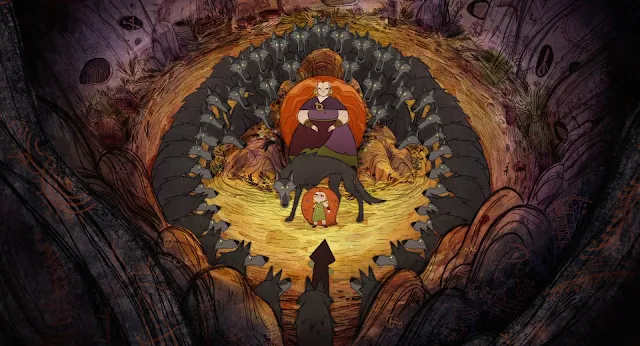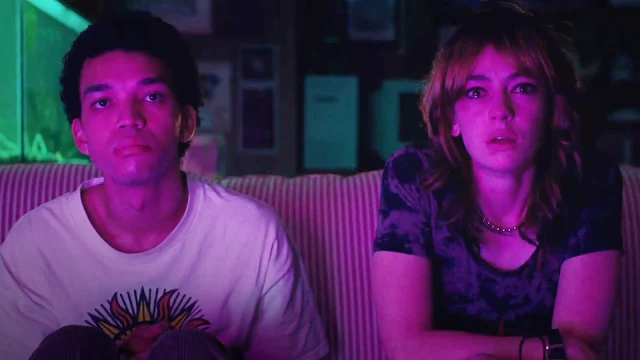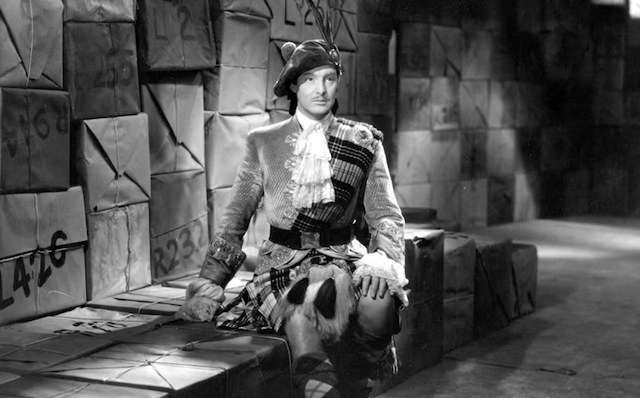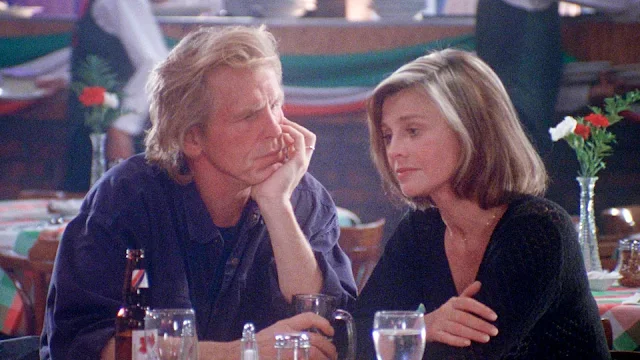 |
| Teo Yoo, Greta Lee, and John Magaro in Past Lives |
Cast: Greta Lee, Teo Yoo, John Magaro, Moon Seung-ah, Leem Seung-min, Jun Ji-hye, Choi Won-young, Ahn Min-yeung, Seo Yeon-Woo. Screenplay: Celine Song. Cinematography: Shabier Kirchner. Production design: Grace Yun. Film editing: Keith Fraase. Music: Christopher Bear, Daniel Rossen.
Celine Song's Past Lives is full of silences, some of them lasting for 12 years, some merely the moments in which communication between the characters is suspended out of embarrassment or awkwardness or uncertainty. But the silences are productive: They allow both the characters and the viewer to reflect on the meaning of the moment. When we first meet Nora (aka Na Young) and Hae Sung, they are 12-year-old schoolmates and close friends in Korea. We sense something blossoming between them, but it's nipped in the bud by the immigration of Nora and her family to Canada. Then the first silence begins: They lose contact as Hae Sung (Teo Yoo) finishes school, does his military service, and begins his studies to become an engineer, and Nora (Greta Lee) moves from Toronto to New York where she begins a career as a playwright. Then, after 12 years, Hae Sung searches out Nora on the internet, and they begin to catch up with each other in cyberspace. But Nora abruptly breaks off the connection, for reasons that she never fully articulates. She meets a fellow writer, Arthur (John Magaro), and they get married. Hae Sung finds a girlfriend but it's not a solid relationship. Finally, after another 12-year-silence, Hae Sung lets Nora know that he's coming to New York on a vacation. And thus begins a fable about the limits of human connection, the burdens of ethnic difference, and the barriers to desire. Hae Sung is plainly in love with Nora, and Arthur senses it with some trepidation about how she will respond. This dance to the music of the past would be nothing without actors as skilled at manifesting the interior as Lee, Yoo, and Magaro are, or without a director like Song, who keeps the pace as stately as a pavane.
















